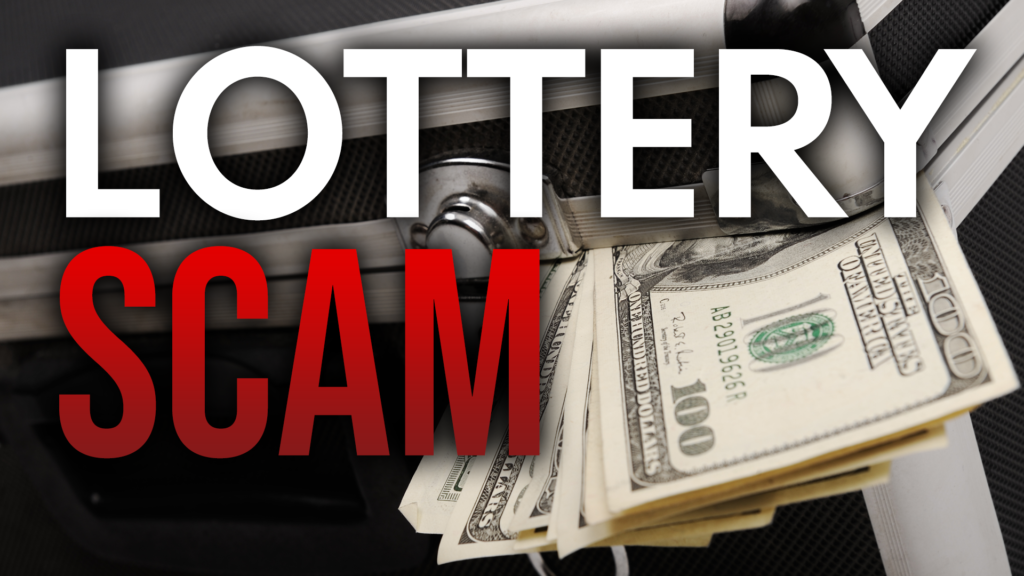Lottery Scams

Lottery scams are frauds involving advance fees. The scam usually starts with an unexpected notification. The victim is then asked to pay a small advance fee to be eligible to play in a lottery. The scam is designed to make the victim feel like the lottery has won something, but the money will not really go to a lottery.
In recent years, state and federal authorities have cracked down on lottery scams and “advance fee” fraud. These criminal offenses put thousands of U.S. citizens in criminal proceedings every year. Although the penalties for these crimes are not violent, they can result in decades in prison and hundreds of thousands of dollars in fines. So, if you are a victim of a lottery scam, make sure you find a reputable attorney who will fight for you and your interests.
If you receive a foreign lottery winning notice, be suspicious of the company’s request for payment or bank account information. While foreign lotteries may be tempting, they are scams. The chances of winning money are extremely slim, and you should never respond to such requests. Instead, you should promptly report the scam to the proper authorities.
Lottery scams are often spread by email or the internet. They are a common form of advance fee fraud. They begin with a sudden notification, but often involve a third party hiding the scammers’ identity. A scammer will ask you to send money to cover the processing fees or wait for your check to be recognized.
Another common lottery scam involves bogus lottery ticket offers. Scammers usually entice US citizens to buy lottery chances in foreign countries, which is illegal in the U.S. Many times, lottery hustlers will use victims’ credit card and bank account numbers to continue their scam. They may even send victims a check for a large amount of money that they never received.
If you’re thinking about buying a lottery ticket, make sure you read the fine print. Lottery scams can lead to aggravated identity theft charges. To be convicted, lottery scammers must prove a few elements. These elements include “puffing,” which is the use of exaggerated statements.
If you suspect that you’ve been the victim of a lottery scam, you should report the case to local law enforcement. The best way to do this is by calling 131 44 or contacting your local police. You can also report the incident to Scamwatch, a government organization that provides comprehensive advice for Australian fraud victims. Their website includes reporting resources and information on identity theft.
Lottery scams cost millions of dollars each year. If you’ve been a victim of one, it’s important to find a fraud defense attorney to fight the charges against you. If convicted, you could spend decades in prison and hundreds of thousands of dollars in fines. So it’s critical to hire an attorney who has experience in lottery scam defense.





